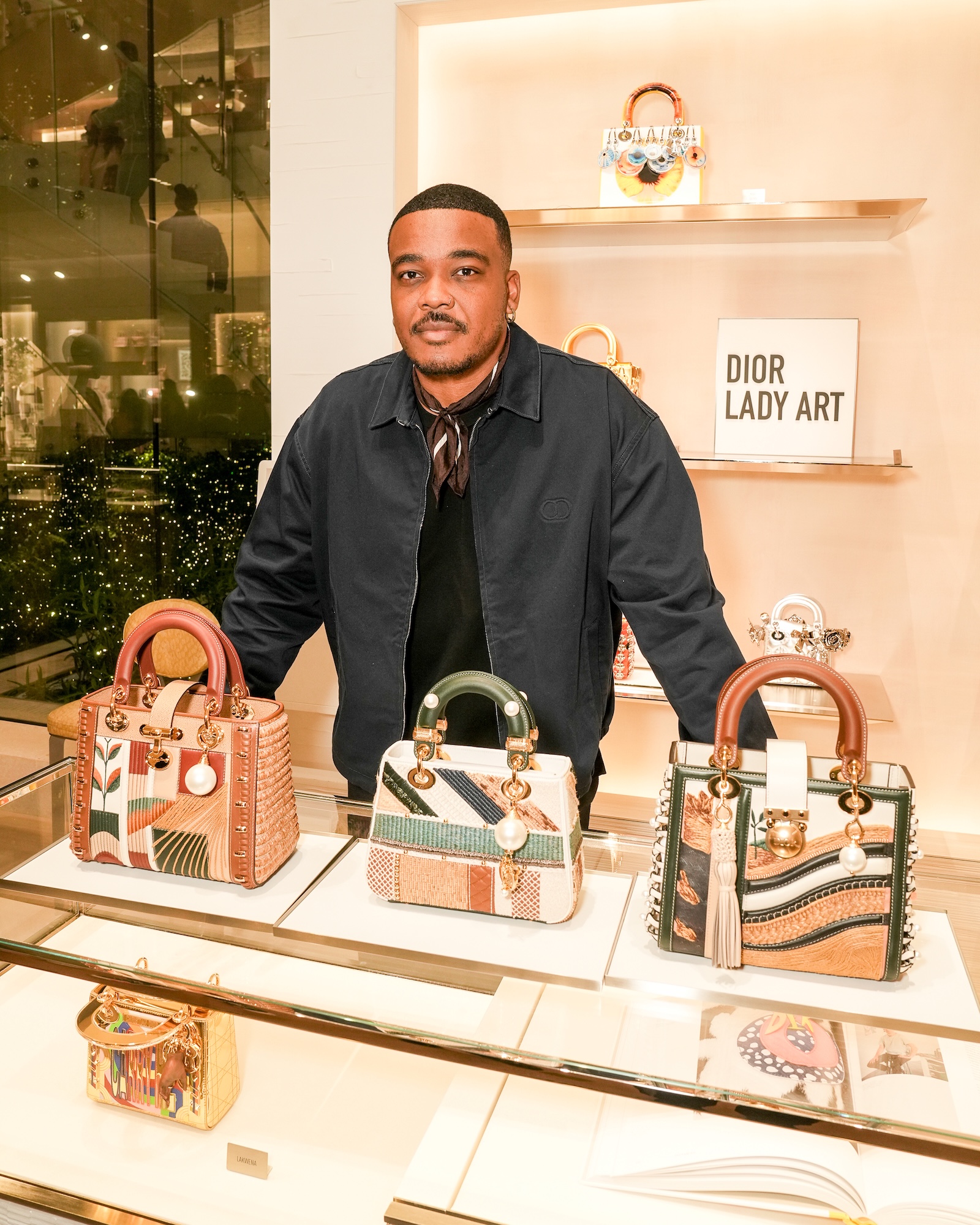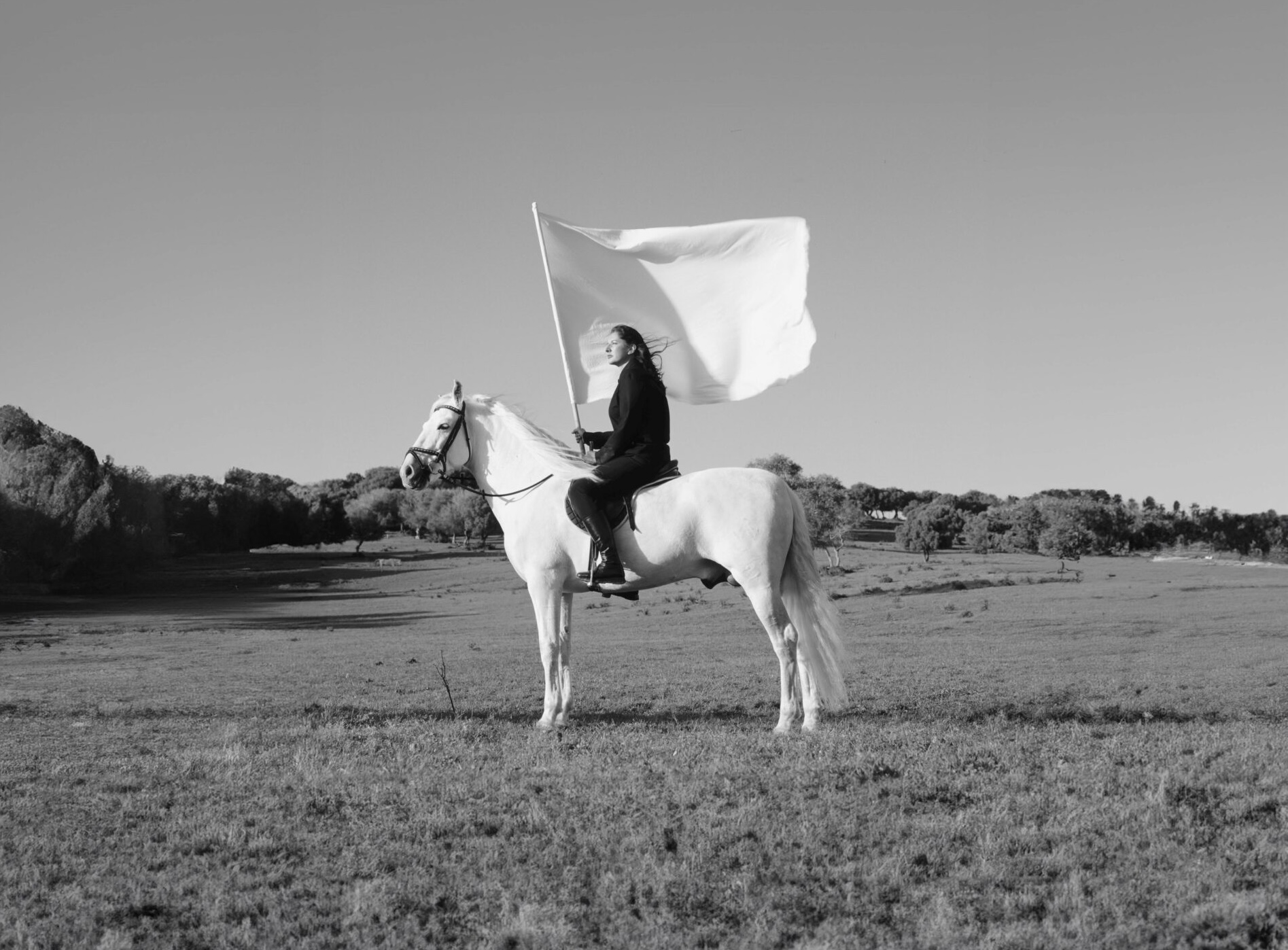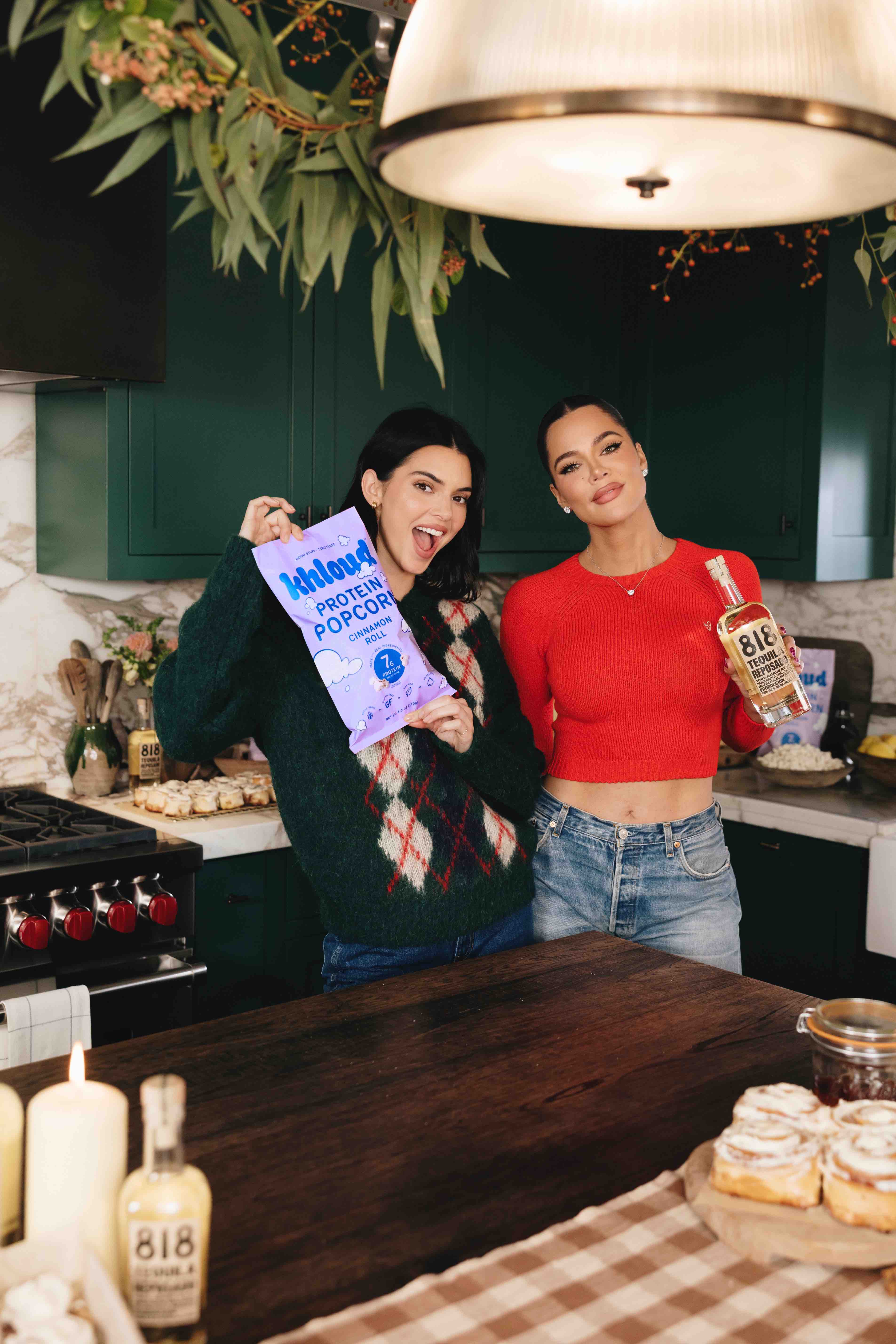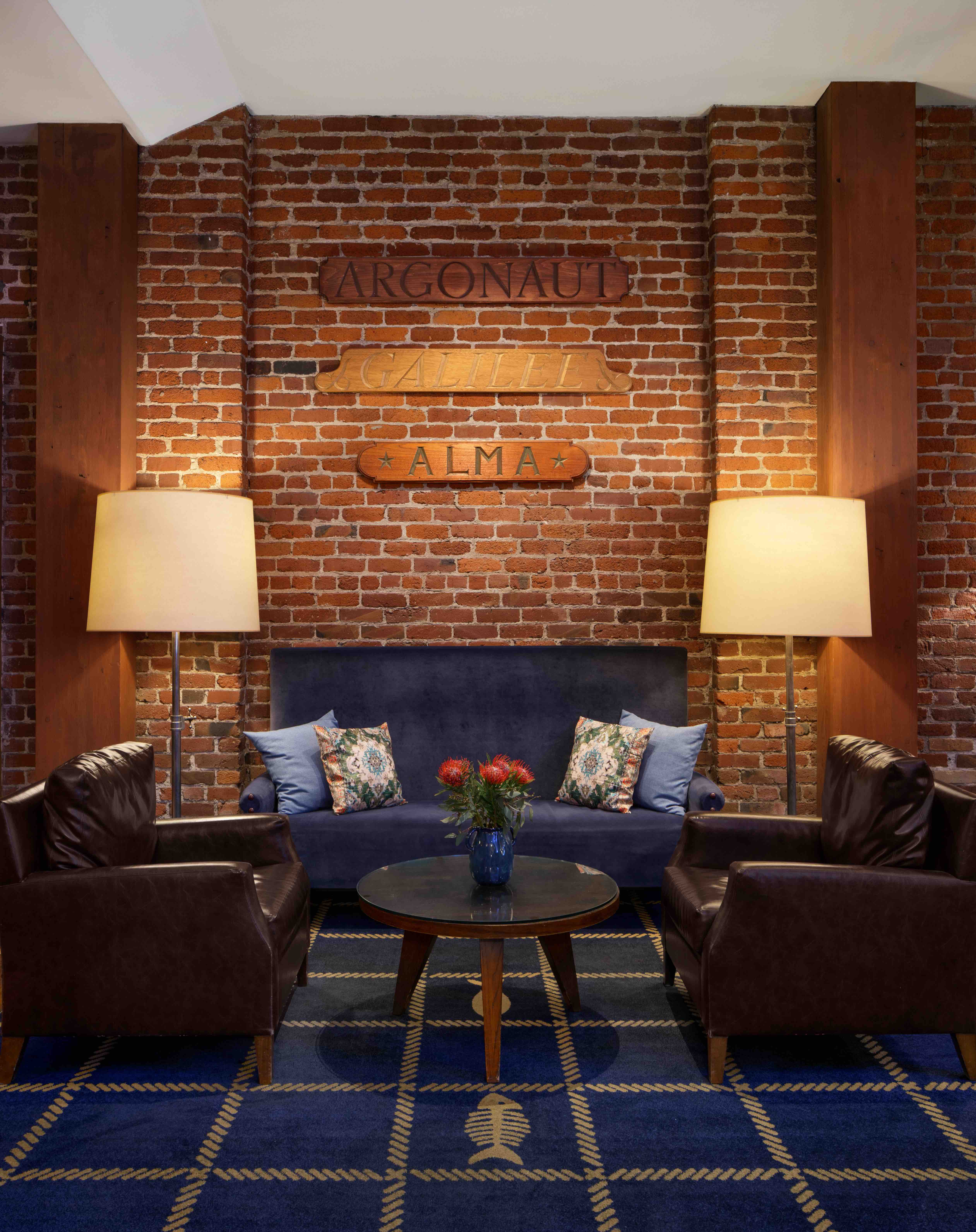

With the goal of creating a small independent film that felt grand in feeling, Nabil Elderkin did just that with his feature film debut [_GULLY_](https://tribecafilm.com/festival/archive/gully-2019).
The film made its world premiere at the Tribeca Film Festival in 2019, and was finally released to the world on June 4. With a cast consisting of Jacob Latimore, Terrence Howard, Amber Heard, Charlie Plummer, and Kelvin Harrison Jr., _GULLY_ follows three teens as they navigate childhood trauma and cause a stir in the streets of Los Angeles, California.
Nabil is no stranger to manipulating and creating stellar visuals. Well-versed in the world of music videos, as a videographer, he has worked with A-list artists including Travis Scott, Billie Eilish, Kanye West, Kid Cudi, Kendrick Lamar, Frank Ocean, and many more. His experience with musicians even translated onto the big screen with cameos featuring Scott, who was also executive producer of the film, and Vince Staples.
Filled with a passion to portray the story well, Nabil intertwined elements from video games as a direct nod to societal issues and explored deeper themes like sexual assault, drug and alcohol abuse, as well as gang violence. The motivation to make these experiences feel authentic and accurately show the heaviness of the reality of life fueled Nabil as he pushed to get this film finished. While the script, written by Marcus Guillory, took 15 years to get produced, _GULLY_ is an emotional and harrowing look at the lives of young Black individuals who just want to go to the stars.
_Flaunt_ sat down with the up-and-coming film director via Zoom as he vacations in Costa Rica, waiting for the high of releasing his first movie to settle in. Nabil offers insight into his first experience directing a feature, set camaraderie and his plans for the future, which includes lots and lots of rest.
* * *
**You’ve just released _GULLY_—your first feature film. How are you feeling?**
I still have a lot of nervous energy. I feel good. I mean, I feel like one weight has been lifted off my shoulders… But, you know, it's been a long road to make this film, so I'm so grateful to be in this moment. But holy shit, I got some stuff to shake off.
**What were your initial thoughts after reading the script for _GULLY_ and did you already have ideas on how you wanted to frame the film?**
It went through a few evolutions. It was definitely a much different script when I first read it. But, I felt some type of way when I read it, so I knew at that moment, that this was something I had to be a part of. So, to answer the question, like even the days before shooting, a lot of evolution happens daily, even when you're shooting what you feel works, what happens with the weather, how you have to change a scene. All these different variables that really, for an independent film, you just have to be ready for and it was a whole new experience for me. But I was happy the way that it unfolded. I think it made it what it is.
**As your feature film debut, what have you learned during the process?**
What I have learned is I pushed a lot of things to make this happen. I think that's the greatest lesson was I pushed, and I pushed, and I pushed. I feel next time, I'm gonna push a lot less. I had to do it to get it done. It was a hard film to get made, so I'm grateful. It's all lessons, you know. It wasn't meant to happen anyway. But I know next time, I'm gonna let things happen a lot easier and really work with letting the whole karma vibes of letting things happen a lot more naturally. And the more I'm in sync with that, that kind of way of thinking, the easier things become. Also, standing up for what you believe in the process.
**How did your music video background help you through the process of creating _GULLY_?**
I’m super fast. I start off with super low budget videos and even to this day, I mix it up. It keeps you on your toes…So that was something great of just being able to adapt. When you're doing a one day shoot for a music video, you take what you can get. That's kind of what you have to do for film. For an independent film, with limited days and limited budget…like when it rains, you have to write something new to make that make sense, because there's continuity that has to happen. Someone has to look up to the sky, or you have to create a moment to understand that the next scene, that wasn't supposed to be raining, is gonna be raining. So, just being able to foreshadow things. I think in my music video career, I've tried so many different aesthetics, so many different types of ways of shooting things, and playing around with different effects and compositions. I think all those years was just practice. It was just being able to get hands on and really try new things. I'm blessed to have that kind of a pass to music videos.


**What was the most difficult part of transitioning from music videos to film?**
Continuity. For some reason, I, to this day, still haven’t had an answer given to me from the people involved with the film, but I shot the last scene the first day. The first day, when people see the film they will understand what I'm saying, but like both actors’ first day on set together. First time meeting, I think. That's how we started off—straight out there. And me, you know, my first day shooting a movie, I'm like ‘All right, guess I'm going in.’ It was a lot of stuff we shot that first day, because we wanted to set that precedent. That's how we closed the first day, but it was good. I'm actually glad it happened that way, because it worked. It also set me to understanding that we're going. This is going to have an energy that's going to keep and part of the film's energy is like, you have 20 days or 21 days and go. We don't have time to procrastinate.
**Throughout the film, there are video game elements that kind of play into the violence of it all. What was the idea behind using this?**
I think it was for a couple of reasons. One of them was, how do we show violence without it being gratuitous? The scripts, people would say it's violent. Compared to other Hollywood films, I’ll let people draw their own conclusion. My goal was not to show as much on camera as possible, and for you to feel it instead. Also, video games aren't new to the youth, but I think they're getting a lot more overpowering. The sensationalized violence plays on a bigger impact on the youth right now and I feel that it's too normalized. I wanted to kind of bring a little bit of that to the film without being too on the head about exactly why, but it was just a way to add a layer of something in a different way.
**So, Travis Scott was the executive producer for the film. What was it like working with him on _GULLY_?**
It was cool. I got to have his input a couple of times throughout the process. He was a supporter of the script way back in the day with me. I brought it to him years ago, and he was a part of it from the get go. So having him throughout the whole process—it was a blessing. You had limited time with him, but he came in and I think he did an amazing job of like, you're not watching Travis on screen. It shows his ability as an artist to transform and integrate.
**Music was a big part of the film, and helped carry it through. What was your favorite track, and what do you think it did for that particular scene?**
I mean, it's interesting, because there's score and then there’s music. It was a score throughout and then there was just music and elements at the stereo of a car or in the headphones of the mom. I think the part where you really felt the most was in the nightclub. That was one time where it took over that dream, the kind of slow-mo sequence. It went from reality into this moment. So that was like, I feel, when music transcended into like a score and in between. I'm grateful for all musicians for writing this music, like every piece of it I feel so it's hard for me to judge, but I feel fit perfectly. They did such an awesome job of making amazing music that I can't even believe that happened. Like that alone. Working with Daniel Heath, who did the score, there was a part where someone's getting arrested. The mom comes out, and I wanted to feel the cry without crying, or without words, so using instrumentation, we created that feeling. I love that. I'm happy with it all. I'm not gonna lie. I'm not even just trying to be that guy. It's easy to talk about going towards the end of the film, like the beach was such a personal thing to me. That drive and that feeling is memorable. All the songs have their moment, you know? It was just trying to create those moments so that the music fit within it and it didn't feel like someone's just trying to throw a soundtrack in there.
**Do you have a favorite day on set that you remember?**
I mean, the first day was pretty memorable just because I was thrown in the deep end. I know I had to shoot. So it was like, oh okay, feature film. This is what it is. God, I hope I got it. Like, that was my feeling. Knowing now, it's my favorite day. But like, at that day, I was scared shitless. It was the drive and the final \[scene\], so there was a bunch of things that happened that day and some other stuff outside of the house. Imagine going to shoot being like, ‘Well, I hope I got it’ for every other day shooting. That was one of the pivotal moments \[and\] scenes, and I had to carry that throughout.
**The characters in the film, they're all so very dynamic and have such deep, rich backgrounds to them. Who was your favorite character to capture and why?**
It was definitely fun working with Jacob \[Latimore\], who is Calvin, because he was going into different avenues, and I could see him exploring himself. Jesse, who was Kelvin \[Harrison Jr.\], it was intense for the reasons I don't want to say to the people haven't seen it, but that was a whole new experience and he brought it. Nicky, who is Charlie \[Plummer\], he got his flow and it was cool. He did his thing and it was beautiful to see how it all came together. Greg…whew. Jonathan Majors, he showed up on set, and on the first day, on the first moment, he was Greg. That was interesting for me to step back and see somebody just in their zone from day one, and not really even interact \[with them\] so much. I didn't really interact too much with him.
Within a couple days of being with each other, all the kids really formed this bond and it was amazing, for me, standing back and watching it unfold and to see even their friendships now past the movie is wild. It's beautiful. Terrence Howard, what am I talking about? Geez. He came in and not only did his thing, but really brought more. There was stuff in there that he added that he just brought. I had no comment. Just ‘all right, wrap. Did we get that? Okay, great.’ There's a moment where he looks into the camera, which I would never put in \[and\] I never would have thought. At that moment, when he looks into the camera, he's looking into your soul. He just did it. It was just perfection. There's so many different people that brought their own beauty. Robin Givens, she brought the energy. J.J. Boone– She was such a beautiful mom. She came in there with that motherly love and care for a child that is unconditional, which is what was needed. It just came naturally. Even that character evolves further because of the energy she brought. Amber just came to set with ‘let's go.’ I think that was something different from what she has done on film. I'm grateful that she came with it.


**Were there any moments while filming _GULLY_ that you wish more people knew about the behind the scenes, or cared more about the specific part in the movie?**
I wish that people get to see this film. The film is what it is. It’s not mine anymore.
But I hope that people really get to see it. It's been an interesting process of working on this and releasing it to the world. It’s gonna do its thing. But, I just hope people get a chance to watch it and understand and have the feeling of why me and all the different people involved came together to make this for very little money. Every actor, everybody who worked on the film, did it for next to nothing.
**What are your plans for the future? Do you have any feature movie ideas in the works?**
I want to do a lot. I just want to step back and approach things with the reason why I'm making each thing. I do have TV shows \[and\] some film ideas in the works. A couple projects in Jamaica, which I have a strong passion for because it's such a vibrant, culturally rich, influential poetic place that I don't understand how anyone couldn't want to create something there. I'm developing some things with some interesting people and also looking forward to resting. But as it comes, I want to make all kinds of things. There's nothing in particular, at this point, I want to make next. I just want to make things that say something and I can do with least resistance.
 
With the goal of creating a small independent film that felt grand in feeling, Nabil Elderkin did just that with his feature film debut [_GULLY_](https://tribecafilm.com/festival/archive/gully-2019).
The film made its world premiere at the Tribeca Film Festival in 2019, and was finally released to the world on June 4. With a cast consisting of Jacob Latimore, Terrence Howard, Amber Heard, Charlie Plummer, and Kelvin Harrison Jr., _GULLY_ follows three teens as they navigate childhood trauma and cause a stir in the streets of Los Angeles, California.
Nabil is no stranger to manipulating and creating stellar visuals. Well-versed in the world of music videos, as a videographer, he has worked with A-list artists including Travis Scott, Billie Eilish, Kanye West, Kid Cudi, Kendrick Lamar, Frank Ocean, and many more. His experience with musicians even translated onto the big screen with cameos featuring Scott, who was also executive producer of the film, and Vince Staples.
Filled with a passion to portray the story well, Nabil intertwined elements from video games as a direct nod to societal issues and explored deeper themes like sexual assault, drug and alcohol abuse, as well as gang violence. The motivation to make these experiences feel authentic and accurately show the heaviness of the reality of life fueled Nabil as he pushed to get this film finished. While the script, written by Marcus Guillory, took 15 years to get produced, _GULLY_ is an emotional and harrowing look at the lives of young Black individuals who just want to go to the stars.
_Flaunt_ sat down with the up-and-coming film director via Zoom as he vacations in Costa Rica, waiting for the high of releasing his first movie to settle in. Nabil offers insight into his first experience directing a feature, set camaraderie and his plans for the future, which includes lots and lots of rest.
* * *
**You’ve just released _GULLY_—your first feature film. How are you feeling?**
I still have a lot of nervous energy. I feel good. I mean, I feel like one weight has been lifted off my shoulders… But, you know, it's been a long road to make this film, so I'm so grateful to be in this moment. But holy shit, I got some stuff to shake off.
**What were your initial thoughts after reading the script for _GULLY_ and did you already have ideas on how you wanted to frame the film?**
It went through a few evolutions. It was definitely a much different script when I first read it. But, I felt some type of way when I read it, so I knew at that moment, that this was something I had to be a part of. So, to answer the question, like even the days before shooting, a lot of evolution happens daily, even when you're shooting what you feel works, what happens with the weather, how you have to change a scene. All these different variables that really, for an independent film, you just have to be ready for and it was a whole new experience for me. But I was happy the way that it unfolded. I think it made it what it is.
**As your feature film debut, what have you learned during the process?**
What I have learned is I pushed a lot of things to make this happen. I think that's the greatest lesson was I pushed, and I pushed, and I pushed. I feel next time, I'm gonna push a lot less. I had to do it to get it done. It was a hard film to get made, so I'm grateful. It's all lessons, you know. It wasn't meant to happen anyway. But I know next time, I'm gonna let things happen a lot easier and really work with letting the whole karma vibes of letting things happen a lot more naturally. And the more I'm in sync with that, that kind of way of thinking, the easier things become. Also, standing up for what you believe in the process.
**How did your music video background help you through the process of creating _GULLY_?**
I’m super fast. I start off with super low budget videos and even to this day, I mix it up. It keeps you on your toes…So that was something great of just being able to adapt. When you're doing a one day shoot for a music video, you take what you can get. That's kind of what you have to do for film. For an independent film, with limited days and limited budget…like when it rains, you have to write something new to make that make sense, because there's continuity that has to happen. Someone has to look up to the sky, or you have to create a moment to understand that the next scene, that wasn't supposed to be raining, is gonna be raining. So, just being able to foreshadow things. I think in my music video career, I've tried so many different aesthetics, so many different types of ways of shooting things, and playing around with different effects and compositions. I think all those years was just practice. It was just being able to get hands on and really try new things. I'm blessed to have that kind of a pass to music videos.

With the goal of creating a small independent film that felt grand in feeling, Nabil Elderkin did just that with his feature film debut [_GULLY_](https://tribecafilm.com/festival/archive/gully-2019).
The film made its world premiere at the Tribeca Film Festival in 2019, and was finally released to the world on June 4. With a cast consisting of Jacob Latimore, Terrence Howard, Amber Heard, Charlie Plummer, and Kelvin Harrison Jr., _GULLY_ follows three teens as they navigate childhood trauma and cause a stir in the streets of Los Angeles, California.
Nabil is no stranger to manipulating and creating stellar visuals. Well-versed in the world of music videos, as a videographer, he has worked with A-list artists including Travis Scott, Billie Eilish, Kanye West, Kid Cudi, Kendrick Lamar, Frank Ocean, and many more. His experience with musicians even translated onto the big screen with cameos featuring Scott, who was also executive producer of the film, and Vince Staples.
Filled with a passion to portray the story well, Nabil intertwined elements from video games as a direct nod to societal issues and explored deeper themes like sexual assault, drug and alcohol abuse, as well as gang violence. The motivation to make these experiences feel authentic and accurately show the heaviness of the reality of life fueled Nabil as he pushed to get this film finished. While the script, written by Marcus Guillory, took 15 years to get produced, _GULLY_ is an emotional and harrowing look at the lives of young Black individuals who just want to go to the stars.
_Flaunt_ sat down with the up-and-coming film director via Zoom as he vacations in Costa Rica, waiting for the high of releasing his first movie to settle in. Nabil offers insight into his first experience directing a feature, set camaraderie and his plans for the future, which includes lots and lots of rest.
* * *
**You’ve just released _GULLY_—your first feature film. How are you feeling?**
I still have a lot of nervous energy. I feel good. I mean, I feel like one weight has been lifted off my shoulders… But, you know, it's been a long road to make this film, so I'm so grateful to be in this moment. But holy shit, I got some stuff to shake off.
**What were your initial thoughts after reading the script for _GULLY_ and did you already have ideas on how you wanted to frame the film?**
It went through a few evolutions. It was definitely a much different script when I first read it. But, I felt some type of way when I read it, so I knew at that moment, that this was something I had to be a part of. So, to answer the question, like even the days before shooting, a lot of evolution happens daily, even when you're shooting what you feel works, what happens with the weather, how you have to change a scene. All these different variables that really, for an independent film, you just have to be ready for and it was a whole new experience for me. But I was happy the way that it unfolded. I think it made it what it is.
**As your feature film debut, what have you learned during the process?**
What I have learned is I pushed a lot of things to make this happen. I think that's the greatest lesson was I pushed, and I pushed, and I pushed. I feel next time, I'm gonna push a lot less. I had to do it to get it done. It was a hard film to get made, so I'm grateful. It's all lessons, you know. It wasn't meant to happen anyway. But I know next time, I'm gonna let things happen a lot easier and really work with letting the whole karma vibes of letting things happen a lot more naturally. And the more I'm in sync with that, that kind of way of thinking, the easier things become. Also, standing up for what you believe in the process.
**How did your music video background help you through the process of creating _GULLY_?**
I’m super fast. I start off with super low budget videos and even to this day, I mix it up. It keeps you on your toes…So that was something great of just being able to adapt. When you're doing a one day shoot for a music video, you take what you can get. That's kind of what you have to do for film. For an independent film, with limited days and limited budget…like when it rains, you have to write something new to make that make sense, because there's continuity that has to happen. Someone has to look up to the sky, or you have to create a moment to understand that the next scene, that wasn't supposed to be raining, is gonna be raining. So, just being able to foreshadow things. I think in my music video career, I've tried so many different aesthetics, so many different types of ways of shooting things, and playing around with different effects and compositions. I think all those years was just practice. It was just being able to get hands on and really try new things. I'm blessed to have that kind of a pass to music videos.
 
**What was the most difficult part of transitioning from music videos to film?**
Continuity. For some reason, I, to this day, still haven’t had an answer given to me from the people involved with the film, but I shot the last scene the first day. The first day, when people see the film they will understand what I'm saying, but like both actors’ first day on set together. First time meeting, I think. That's how we started off—straight out there. And me, you know, my first day shooting a movie, I'm like ‘All right, guess I'm going in.’ It was a lot of stuff we shot that first day, because we wanted to set that precedent. That's how we closed the first day, but it was good. I'm actually glad it happened that way, because it worked. It also set me to understanding that we're going. This is going to have an energy that's going to keep and part of the film's energy is like, you have 20 days or 21 days and go. We don't have time to procrastinate.
**Throughout the film, there are video game elements that kind of play into the violence of it all. What was the idea behind using this?**
I think it was for a couple of reasons. One of them was, how do we show violence without it being gratuitous? The scripts, people would say it's violent. Compared to other Hollywood films, I’ll let people draw their own conclusion. My goal was not to show as much on camera as possible, and for you to feel it instead. Also, video games aren't new to the youth, but I think they're getting a lot more overpowering. The sensationalized violence plays on a bigger impact on the youth right now and I feel that it's too normalized. I wanted to kind of bring a little bit of that to the film without being too on the head about exactly why, but it was just a way to add a layer of something in a different way.
**So, Travis Scott was the executive producer for the film. What was it like working with him on _GULLY_?**
It was cool. I got to have his input a couple of times throughout the process. He was a supporter of the script way back in the day with me. I brought it to him years ago, and he was a part of it from the get go. So having him throughout the whole process—it was a blessing. You had limited time with him, but he came in and I think he did an amazing job of like, you're not watching Travis on screen. It shows his ability as an artist to transform and integrate.
**Music was a big part of the film, and helped carry it through. What was your favorite track, and what do you think it did for that particular scene?**
I mean, it's interesting, because there's score and then there’s music. It was a score throughout and then there was just music and elements at the stereo of a car or in the headphones of the mom. I think the part where you really felt the most was in the nightclub. That was one time where it took over that dream, the kind of slow-mo sequence. It went from reality into this moment. So that was like, I feel, when music transcended into like a score and in between. I'm grateful for all musicians for writing this music, like every piece of it I feel so it's hard for me to judge, but I feel fit perfectly. They did such an awesome job of making amazing music that I can't even believe that happened. Like that alone. Working with Daniel Heath, who did the score, there was a part where someone's getting arrested. The mom comes out, and I wanted to feel the cry without crying, or without words, so using instrumentation, we created that feeling. I love that. I'm happy with it all. I'm not gonna lie. I'm not even just trying to be that guy. It's easy to talk about going towards the end of the film, like the beach was such a personal thing to me. That drive and that feeling is memorable. All the songs have their moment, you know? It was just trying to create those moments so that the music fit within it and it didn't feel like someone's just trying to throw a soundtrack in there.
**Do you have a favorite day on set that you remember?**
I mean, the first day was pretty memorable just because I was thrown in the deep end. I know I had to shoot. So it was like, oh okay, feature film. This is what it is. God, I hope I got it. Like, that was my feeling. Knowing now, it's my favorite day. But like, at that day, I was scared shitless. It was the drive and the final \[scene\], so there was a bunch of things that happened that day and some other stuff outside of the house. Imagine going to shoot being like, ‘Well, I hope I got it’ for every other day shooting. That was one of the pivotal moments \[and\] scenes, and I had to carry that throughout.
**The characters in the film, they're all so very dynamic and have such deep, rich backgrounds to them. Who was your favorite character to capture and why?**
It was definitely fun working with Jacob \[Latimore\], who is Calvin, because he was going into different avenues, and I could see him exploring himself. Jesse, who was Kelvin \[Harrison Jr.\], it was intense for the reasons I don't want to say to the people haven't seen it, but that was a whole new experience and he brought it. Nicky, who is Charlie \[Plummer\], he got his flow and it was cool. He did his thing and it was beautiful to see how it all came together. Greg…whew. Jonathan Majors, he showed up on set, and on the first day, on the first moment, he was Greg. That was interesting for me to step back and see somebody just in their zone from day one, and not really even interact \[with them\] so much. I didn't really interact too much with him.
Within a couple days of being with each other, all the kids really formed this bond and it was amazing, for me, standing back and watching it unfold and to see even their friendships now past the movie is wild. It's beautiful. Terrence Howard, what am I talking about? Geez. He came in and not only did his thing, but really brought more. There was stuff in there that he added that he just brought. I had no comment. Just ‘all right, wrap. Did we get that? Okay, great.’ There's a moment where he looks into the camera, which I would never put in \[and\] I never would have thought. At that moment, when he looks into the camera, he's looking into your soul. He just did it. It was just perfection. There's so many different people that brought their own beauty. Robin Givens, she brought the energy. J.J. Boone– She was such a beautiful mom. She came in there with that motherly love and care for a child that is unconditional, which is what was needed. It just came naturally. Even that character evolves further because of the energy she brought. Amber just came to set with ‘let's go.’ I think that was something different from what she has done on film. I'm grateful that she came with it.

**What was the most difficult part of transitioning from music videos to film?**
Continuity. For some reason, I, to this day, still haven’t had an answer given to me from the people involved with the film, but I shot the last scene the first day. The first day, when people see the film they will understand what I'm saying, but like both actors’ first day on set together. First time meeting, I think. That's how we started off—straight out there. And me, you know, my first day shooting a movie, I'm like ‘All right, guess I'm going in.’ It was a lot of stuff we shot that first day, because we wanted to set that precedent. That's how we closed the first day, but it was good. I'm actually glad it happened that way, because it worked. It also set me to understanding that we're going. This is going to have an energy that's going to keep and part of the film's energy is like, you have 20 days or 21 days and go. We don't have time to procrastinate.
**Throughout the film, there are video game elements that kind of play into the violence of it all. What was the idea behind using this?**
I think it was for a couple of reasons. One of them was, how do we show violence without it being gratuitous? The scripts, people would say it's violent. Compared to other Hollywood films, I’ll let people draw their own conclusion. My goal was not to show as much on camera as possible, and for you to feel it instead. Also, video games aren't new to the youth, but I think they're getting a lot more overpowering. The sensationalized violence plays on a bigger impact on the youth right now and I feel that it's too normalized. I wanted to kind of bring a little bit of that to the film without being too on the head about exactly why, but it was just a way to add a layer of something in a different way.
**So, Travis Scott was the executive producer for the film. What was it like working with him on _GULLY_?**
It was cool. I got to have his input a couple of times throughout the process. He was a supporter of the script way back in the day with me. I brought it to him years ago, and he was a part of it from the get go. So having him throughout the whole process—it was a blessing. You had limited time with him, but he came in and I think he did an amazing job of like, you're not watching Travis on screen. It shows his ability as an artist to transform and integrate.
**Music was a big part of the film, and helped carry it through. What was your favorite track, and what do you think it did for that particular scene?**
I mean, it's interesting, because there's score and then there’s music. It was a score throughout and then there was just music and elements at the stereo of a car or in the headphones of the mom. I think the part where you really felt the most was in the nightclub. That was one time where it took over that dream, the kind of slow-mo sequence. It went from reality into this moment. So that was like, I feel, when music transcended into like a score and in between. I'm grateful for all musicians for writing this music, like every piece of it I feel so it's hard for me to judge, but I feel fit perfectly. They did such an awesome job of making amazing music that I can't even believe that happened. Like that alone. Working with Daniel Heath, who did the score, there was a part where someone's getting arrested. The mom comes out, and I wanted to feel the cry without crying, or without words, so using instrumentation, we created that feeling. I love that. I'm happy with it all. I'm not gonna lie. I'm not even just trying to be that guy. It's easy to talk about going towards the end of the film, like the beach was such a personal thing to me. That drive and that feeling is memorable. All the songs have their moment, you know? It was just trying to create those moments so that the music fit within it and it didn't feel like someone's just trying to throw a soundtrack in there.
**Do you have a favorite day on set that you remember?**
I mean, the first day was pretty memorable just because I was thrown in the deep end. I know I had to shoot. So it was like, oh okay, feature film. This is what it is. God, I hope I got it. Like, that was my feeling. Knowing now, it's my favorite day. But like, at that day, I was scared shitless. It was the drive and the final \[scene\], so there was a bunch of things that happened that day and some other stuff outside of the house. Imagine going to shoot being like, ‘Well, I hope I got it’ for every other day shooting. That was one of the pivotal moments \[and\] scenes, and I had to carry that throughout.
**The characters in the film, they're all so very dynamic and have such deep, rich backgrounds to them. Who was your favorite character to capture and why?**
It was definitely fun working with Jacob \[Latimore\], who is Calvin, because he was going into different avenues, and I could see him exploring himself. Jesse, who was Kelvin \[Harrison Jr.\], it was intense for the reasons I don't want to say to the people haven't seen it, but that was a whole new experience and he brought it. Nicky, who is Charlie \[Plummer\], he got his flow and it was cool. He did his thing and it was beautiful to see how it all came together. Greg…whew. Jonathan Majors, he showed up on set, and on the first day, on the first moment, he was Greg. That was interesting for me to step back and see somebody just in their zone from day one, and not really even interact \[with them\] so much. I didn't really interact too much with him.
Within a couple days of being with each other, all the kids really formed this bond and it was amazing, for me, standing back and watching it unfold and to see even their friendships now past the movie is wild. It's beautiful. Terrence Howard, what am I talking about? Geez. He came in and not only did his thing, but really brought more. There was stuff in there that he added that he just brought. I had no comment. Just ‘all right, wrap. Did we get that? Okay, great.’ There's a moment where he looks into the camera, which I would never put in \[and\] I never would have thought. At that moment, when he looks into the camera, he's looking into your soul. He just did it. It was just perfection. There's so many different people that brought their own beauty. Robin Givens, she brought the energy. J.J. Boone– She was such a beautiful mom. She came in there with that motherly love and care for a child that is unconditional, which is what was needed. It just came naturally. Even that character evolves further because of the energy she brought. Amber just came to set with ‘let's go.’ I think that was something different from what she has done on film. I'm grateful that she came with it.
 
**Were there any moments while filming _GULLY_ that you wish more people knew about the behind the scenes, or cared more about the specific part in the movie?**
I wish that people get to see this film. The film is what it is. It’s not mine anymore.
But I hope that people really get to see it. It's been an interesting process of working on this and releasing it to the world. It’s gonna do its thing. But, I just hope people get a chance to watch it and understand and have the feeling of why me and all the different people involved came together to make this for very little money. Every actor, everybody who worked on the film, did it for next to nothing.
**What are your plans for the future? Do you have any feature movie ideas in the works?**
I want to do a lot. I just want to step back and approach things with the reason why I'm making each thing. I do have TV shows \[and\] some film ideas in the works. A couple projects in Jamaica, which I have a strong passion for because it's such a vibrant, culturally rich, influential poetic place that I don't understand how anyone couldn't want to create something there. I'm developing some things with some interesting people and also looking forward to resting. But as it comes, I want to make all kinds of things. There's nothing in particular, at this point, I want to make next. I just want to make things that say something and I can do with least resistance.

**Were there any moments while filming _GULLY_ that you wish more people knew about the behind the scenes, or cared more about the specific part in the movie?**
I wish that people get to see this film. The film is what it is. It’s not mine anymore.
But I hope that people really get to see it. It's been an interesting process of working on this and releasing it to the world. It’s gonna do its thing. But, I just hope people get a chance to watch it and understand and have the feeling of why me and all the different people involved came together to make this for very little money. Every actor, everybody who worked on the film, did it for next to nothing.
**What are your plans for the future? Do you have any feature movie ideas in the works?**
I want to do a lot. I just want to step back and approach things with the reason why I'm making each thing. I do have TV shows \[and\] some film ideas in the works. A couple projects in Jamaica, which I have a strong passion for because it's such a vibrant, culturally rich, influential poetic place that I don't understand how anyone couldn't want to create something there. I'm developing some things with some interesting people and also looking forward to resting. But as it comes, I want to make all kinds of things. There's nothing in particular, at this point, I want to make next. I just want to make things that say something and I can do with least resistance.
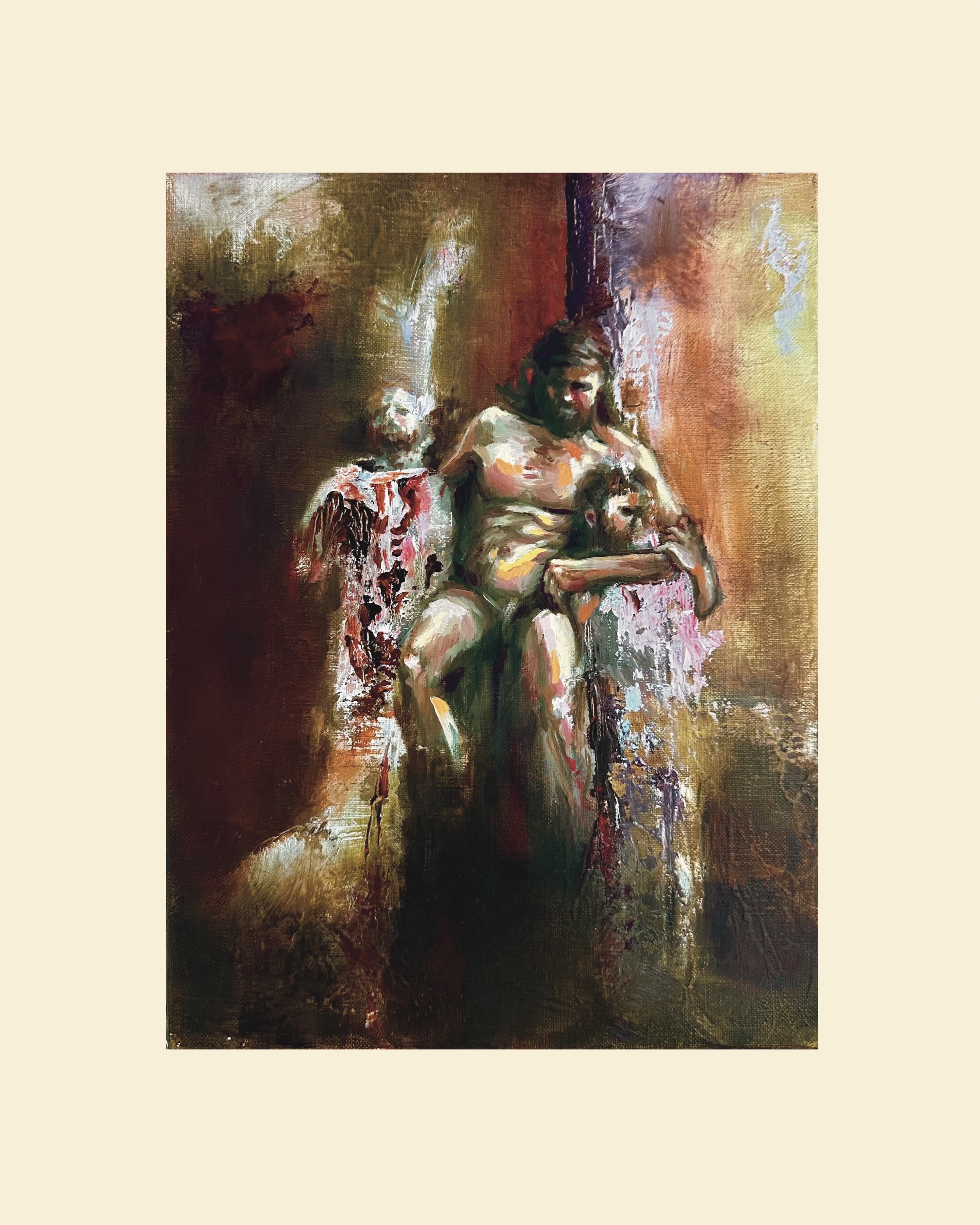

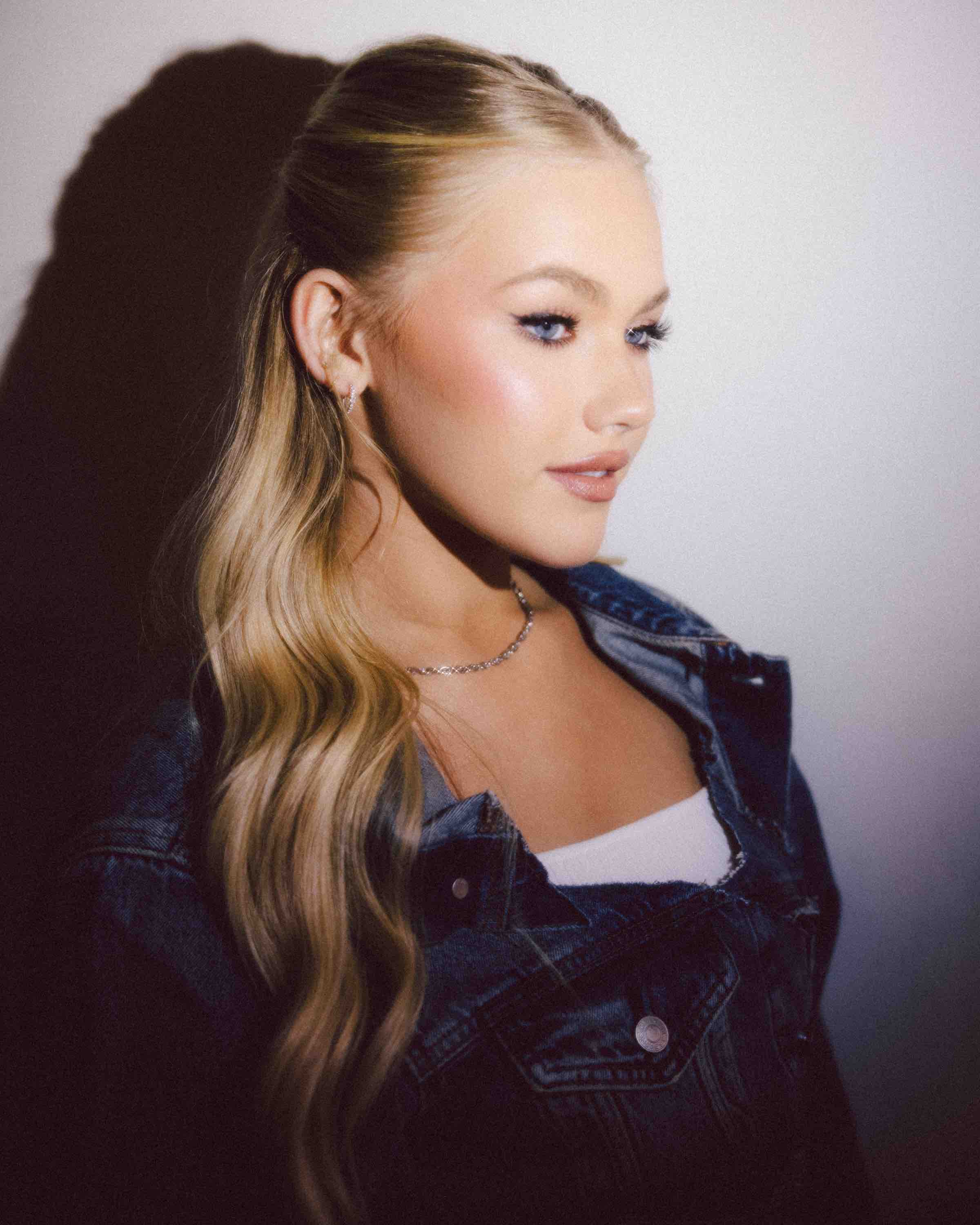
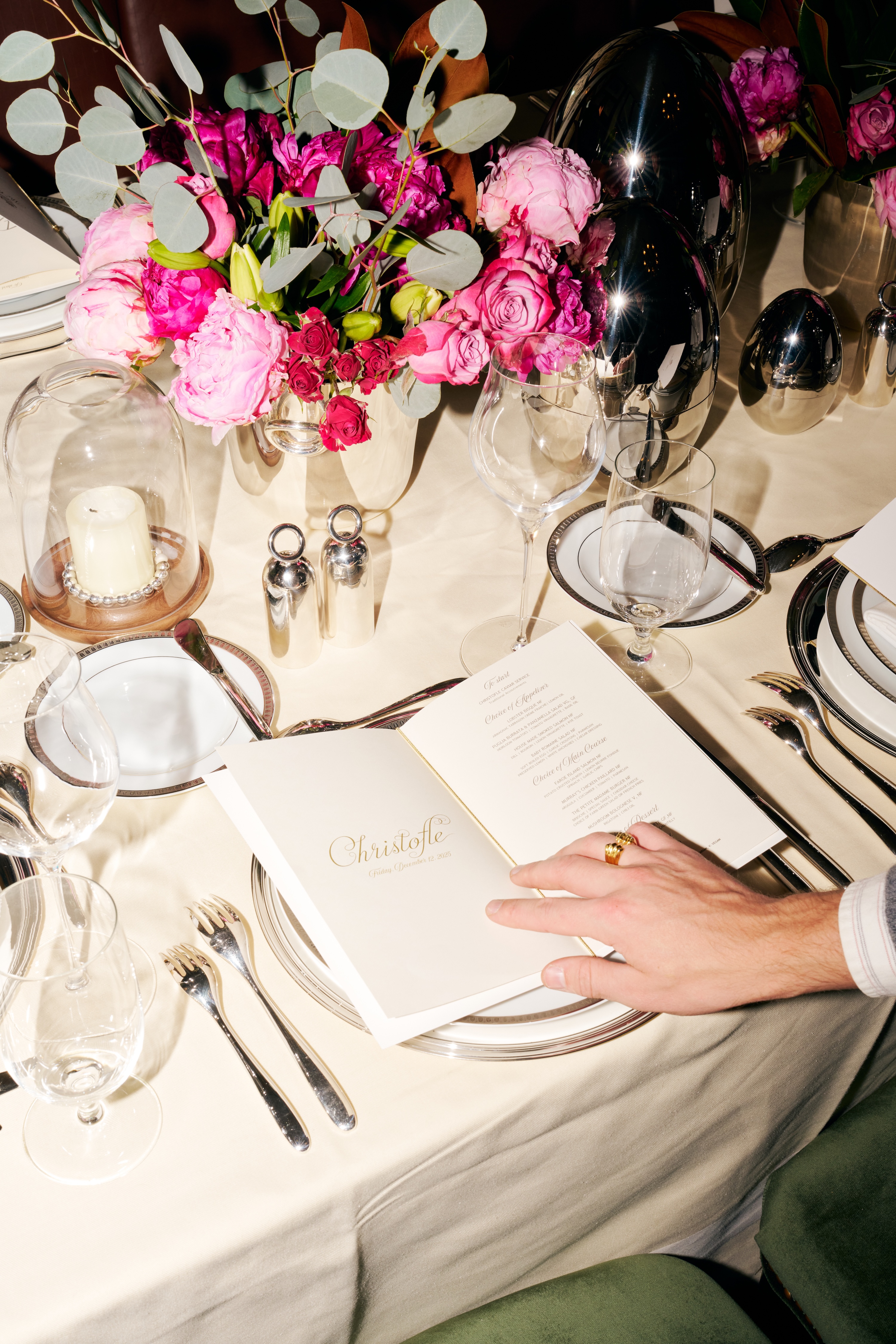
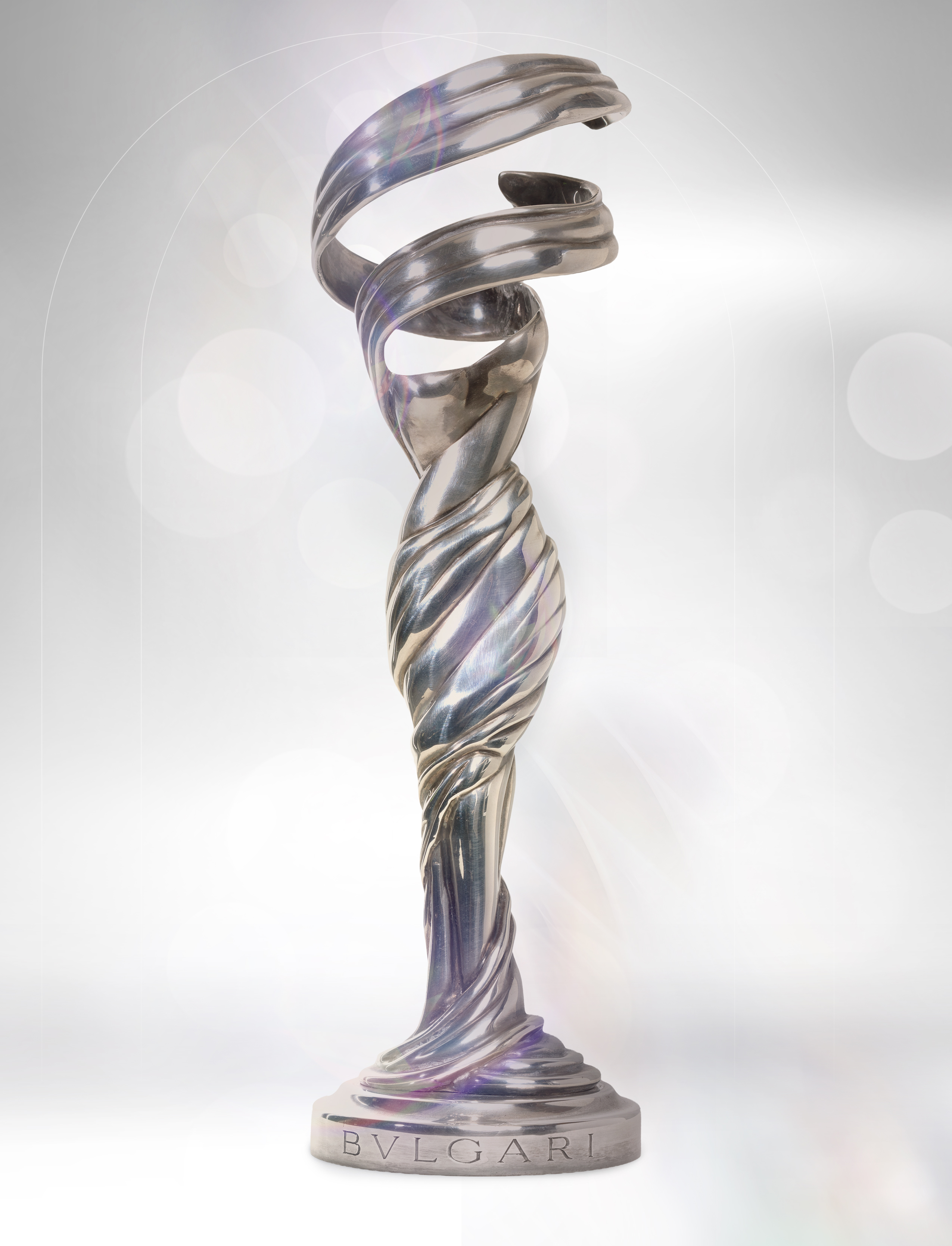
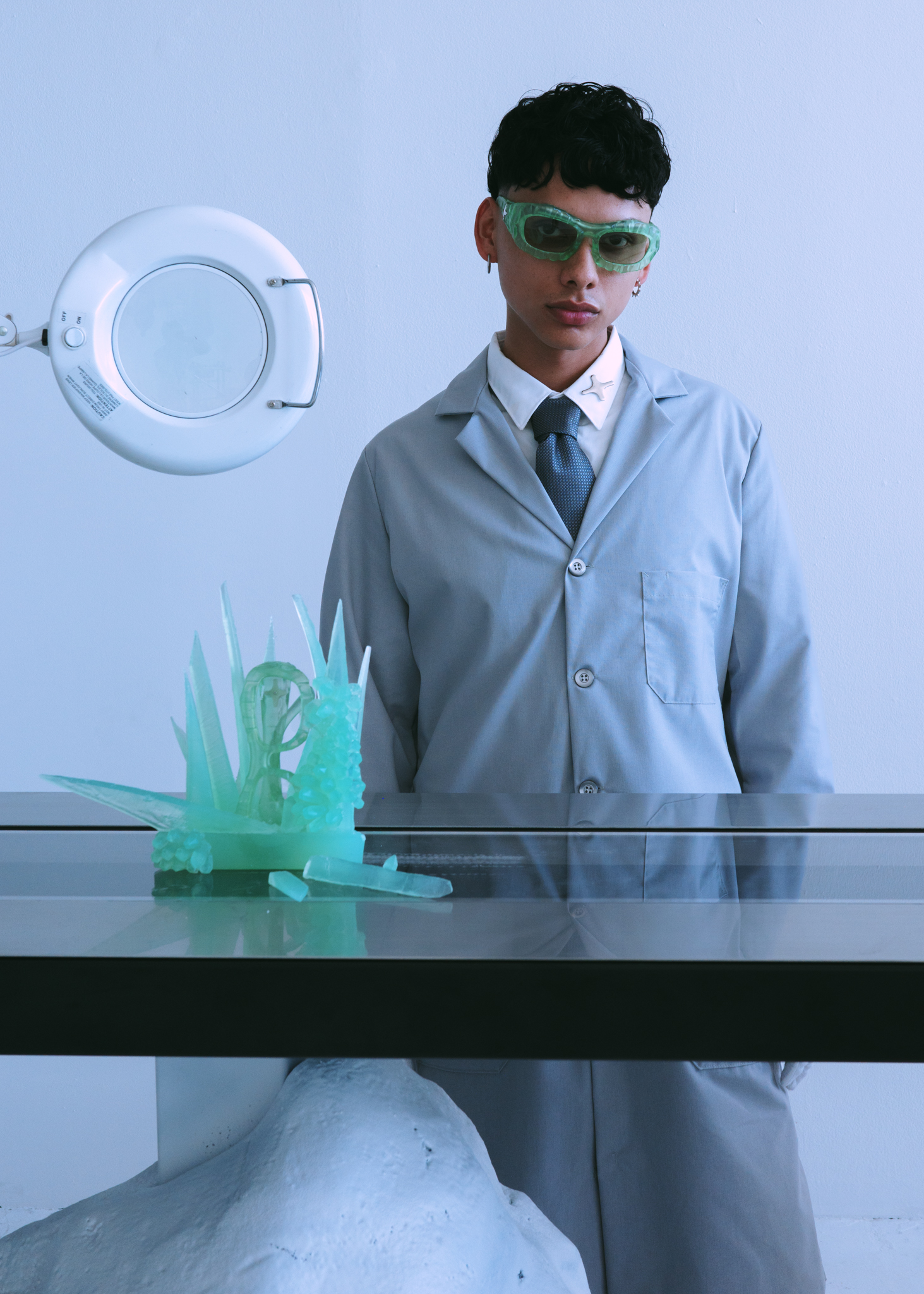
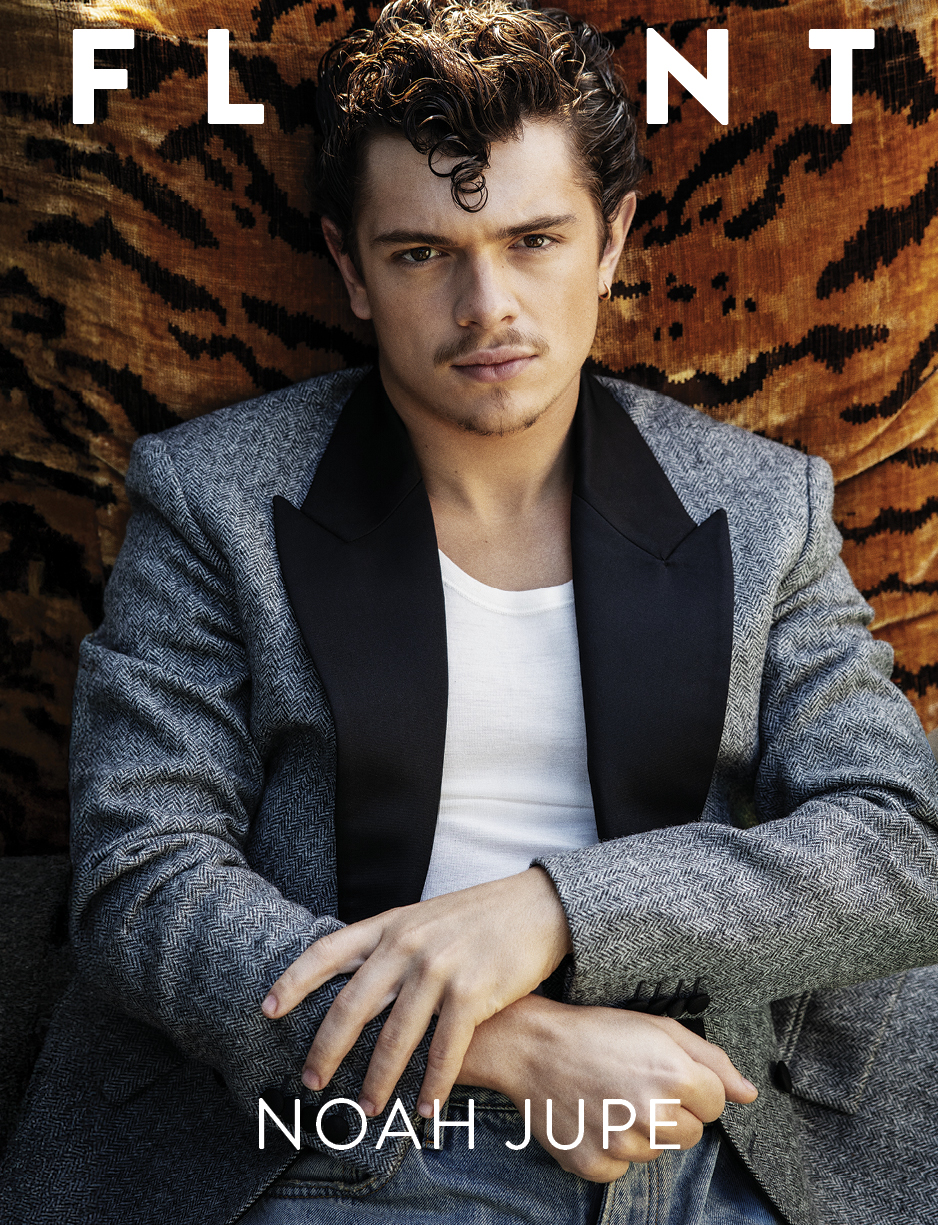
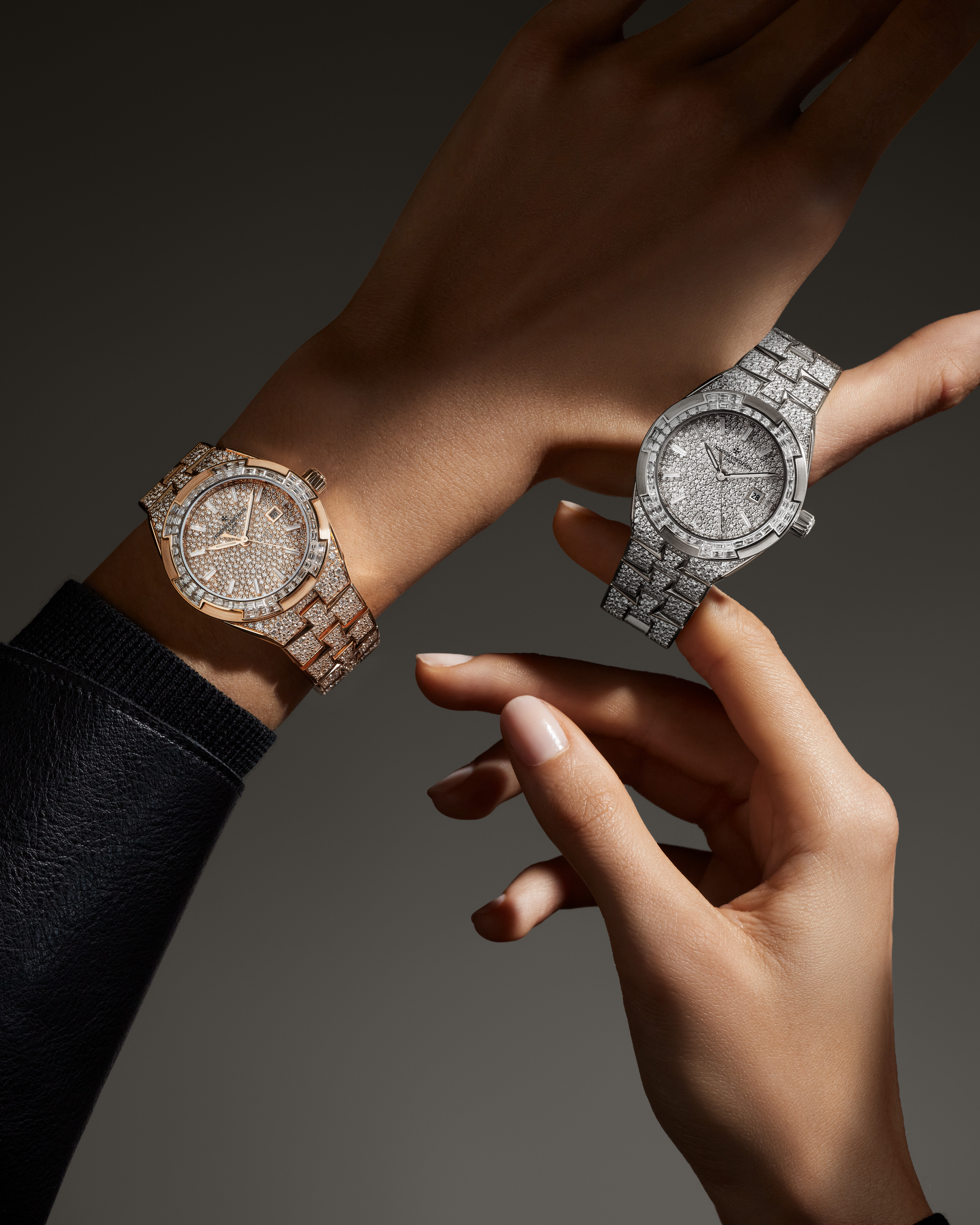
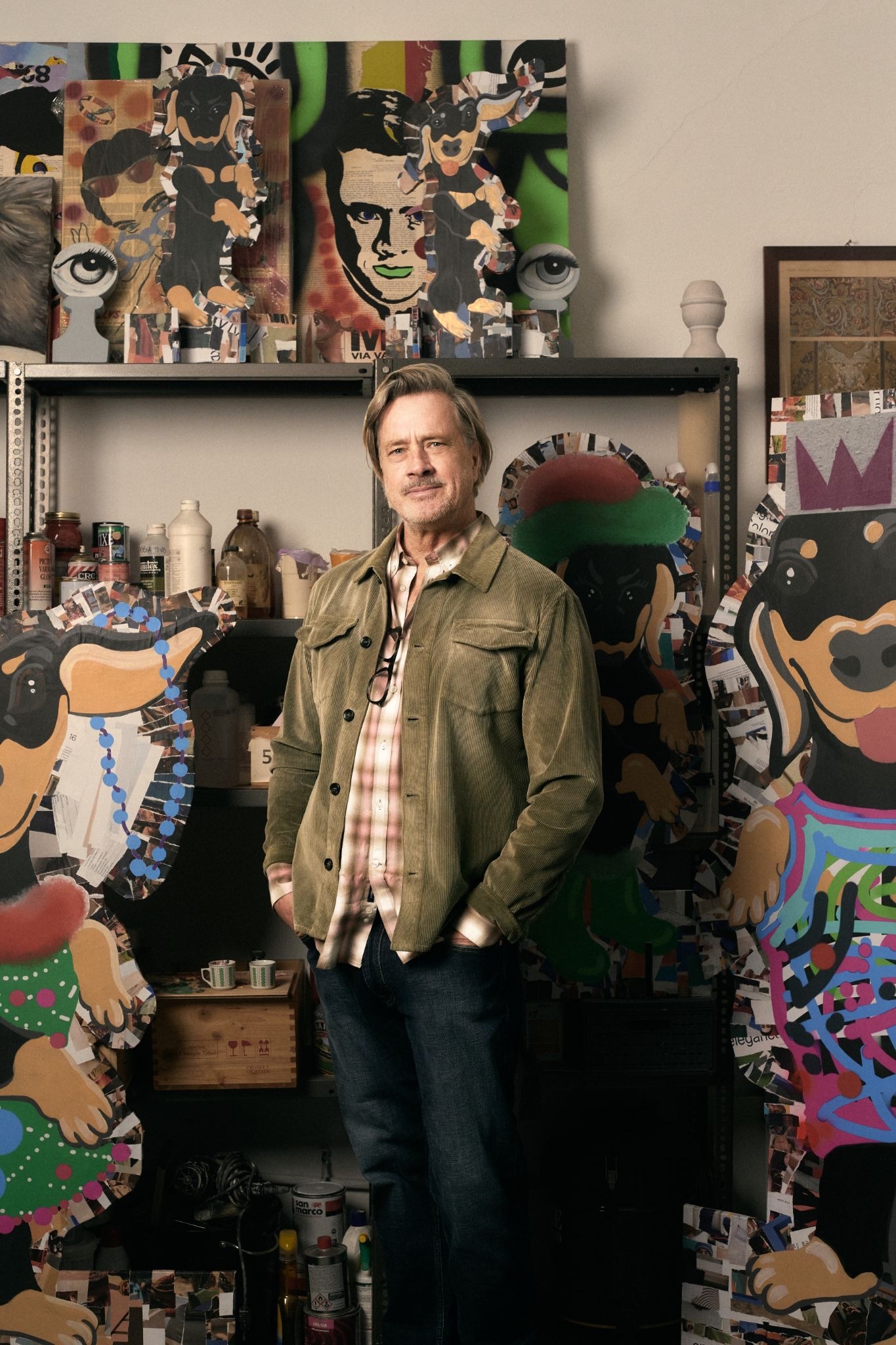
.JPG)
.jpg)
